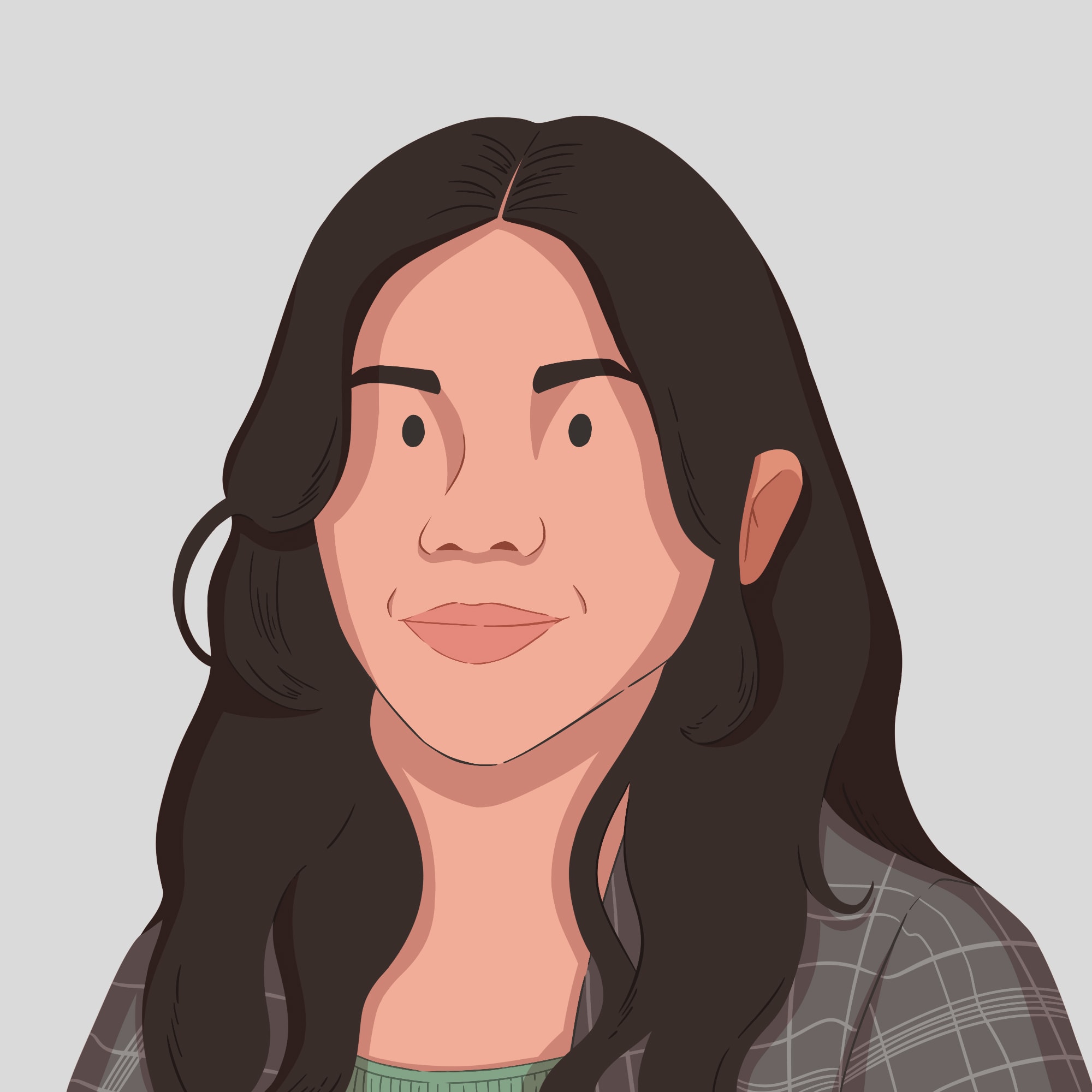Ethnic minorities, people with disabilities most likely to face workplace discrimination: Aware poll
SINGAPORE — People of the minority race are most likely to face workplace discrimination, followed by those with disabilities, those of the LGBTQ (Lesbian, Gay, Bisexual, Transgender, Queer) community, and then women, a survey found.

- Ethnic minorities are most likely to face workplace discrimination, followed by those with disabilities
- This was from a survey done by Aware and a consumer research company in August 2022
- In the past five years, one in two people in Singapore faced workplace discrimination, the poll found
- Less than half of the people who experienced discrimination reported it
- Aware hopes that the survey would help shape upcoming legislation to enshrine guidelines against workplace discrimination
SINGAPORE — Ethnic minorities are most likely to face workplace discrimination, followed by those with disabilities, those of the LGBTQ (Lesbian, Gay, Bisexual, Transgender, Queer) community, and then women, a survey found.
Ethnic minorities (89 per cent) were more vulnerable to discrimination at work compared to those of the majority race (44 per cent).
And overall, in the past five years, around one in two Singaporeans experienced workplace discrimination.
These findings came out of a survey done last month by the Association of Women for Action and Research (Aware) and consumer research company Milieu Insight, which polled 1,000 respondents on their experiences with workplace discrimination in the past five years.
The respondents are nationally representative by age, gender and race, Aware said in a press release on Tuesday (Sept 20).
Describing the survey as “Singapore’s first comprehensive survey on workplace discrimination”, Aware said that respondents were asked about their experiences with three different forms of discrimination:
- Direct discrimination
- Indirect discrimination
- Discrimination-related harassment
The definition of these forms of discrimination was adopted from the International Labour Organisation, a tripartite United Nations agency, it added.
WHY DOES THIS MATTER
This survey came a year after Prime Minister Lee Hsien Loong announced in his National Day Rally speech in 2021 that Singapore would enshrine a set of guidelines on workplace discrimination into law.
Mr Lee said then that the law would protect workers against discrimination based on nationality, age, race, gender and disabilities.
At Tuesday’s press conference, Aware’s executive director Corinna Lim said she hopes that the survey’s findings would be taken into account when formulating the upcoming laws on workplace discrimination.
“We hope to speak to the Government and we're making an appointment to (do so) in relation to this survey.”
THREE TYPES OF DISCRIMINATION
Ms Lim explained the three types of discrimination examined in the Aware-Millieu Insight survey.
1. Direct discrimination
This includes acts directly taken against people, such as not hiring someone or rating them poorly in their performance appraisal because of characteristics such as gender, race or age.
2. Indirect discrimination
This is when company-implemented policy disadvantages a minority group of people. For example, uniform guidelines that disallow religious head coverings.
3. Discrimination-related harassment
This may consist of words, jokes, pranks, intimidation or physical actions directed at someone due to the person’s gender, for instance.
Ms Lim said that harassment can affect one’s ability to work.
Respondents were asked if they had experienced conduct that made them feel disrespected or that made their work environments intimidating, hostile, degrading, humiliating or offensive, based on their gender, for instance.
GROUPS MORE VULNERABLE TO DISCRIMINATION
The survey found that more than half (55 per cent) of the respondents had experienced at least one form of discrimination. However, certain groups were more vulnerable than others:
- 89 per cent of persons of minority races, compared to 44 per cent of those of the majority race
- 78 per cent of persons with disabilities experienced discrimination, compared to 50 per cent of persons without disabilities
- 68 per cent of LGBTQ persons, compared to 56 per cent who did not identify as LGBTQ
- 58 per cent of women had experienced at least one type of discrimination, compared to 53 per cent of men
The three most common experiences of discrimination were:
- Unfair company policies or practices such as inaccessible office spaces (18 per cent)
- Job advertisements that mandated preference for characteristics that were not job requirements (17 per cent)
- Discriminatory employment practices related to performance appraisal and promotion, such as receiving a poorer performance appraisal after disclosing pregnancy, disability or health conditions (17 per cent)
And among the respondents who experienced discrimination, the top three grounds on which they faced discrimination were race (41 per cent), age (35 per cent) and gender (23 per cent),
WHY THEY DID NOT REPORT DISCRIMINATION
When asked about seeking recourse, 54 per cent of the respondents who experienced discrimination did not report it through any channels, such as their human resources team, managers or the Ministry of Manpower.
The top reasons for not reporting are:
- Not believing that the discrimination was “severe” enough (36 per cent)
- Not trusting the authorities to act on the report (30 per cent)
- Not having enough evidence of discrimination (29 per cent)
When taking matters into their own hands, 29 per cent of those who reported discrimination and 28 per cent of those who did not report ended up quitting their jobs — an almost identical proportion.
WHAT SHOULD BE DONE?
Ms Lim said that the impact on the careers of people who reported discrimination showed that “companies cannot be relied upon to tackle discrimination on their own without further incentive and guidance”.
“The findings highlight particular ‘pain points’ that deserve attention such as indirect discrimination, which is frequently left out of conversations and policy decisions.
“Accordingly, we hope the legislation can employ an expansive definition of discrimination, one that captures the full range of experiences workers face at all points of the employment cycle.”
For example, the upcoming legislation should protect workers against discrimination based on sexual orientation, Ms Lim said, following the upcoming repeal of Section 377A of the Penal Code that criminalises sex between men.
She also called for the Government to enshrine the definition of discrimination, such that it can act as a principle for organisations.
“It's really important to make sure that you're not so prescriptive — that you're just saying you cannot do this one thing — but you have a general definition of discrimination that is the principle,” she said.
She also said that in other jurisdictions such as Australia, there are websites that explain discrimination in layperson terms based on the legal definition, and these would allow people to easily identify discrimination in day-to-day scenarios.
‘I COULDN’T TRUST THEM’
One woman in her 20s, who was not named by Aware, recalled her shock when she received a circular late last year from her company. It stated that front-facing employees would not be allowed to wear religious headgear to maintain their “professionalism”.
“I was the only employee who wore a religious head cover… everyone knew it was meant for me.”
She was working at a social enterprise and wondered why the human resource team could not have approached her directly.
A week after the announcement, she asked to work from home and take a back-end job in the company’s subsidiary, when she found out that she was pregnant.
During her pregnancy, she had severe complications requiring her to be hospitalised, but she continued to meet work deadlines.
“I still did work accordingly, (but) I overheard a manager complain to a group of colleagues… (who) blamed me for things that did not go well because I was pregnant,” she recalled.
The company’s subsidiary where she worked has since shut down and she now works for the parent company in a different department.
Another person who was also not named by Aware spoke about her experience. A transgender woman in her 40s, the former teacher recalled losing tuition jobs during her gender transitioning.
She also had to face discriminatory questions from colleagues and other tenants in her office building after she secured a marketing and customer service role in a charity this year.
For example, the management of the office building received complaints about her using the female toilet and it asked to see documentation of her gender. Such instances made her bathroom breaks stressful.
However, she added that her boss is supportive of her development. For now, she takes answering invasive questions as a chance to provide factual information about gender transitioning.











